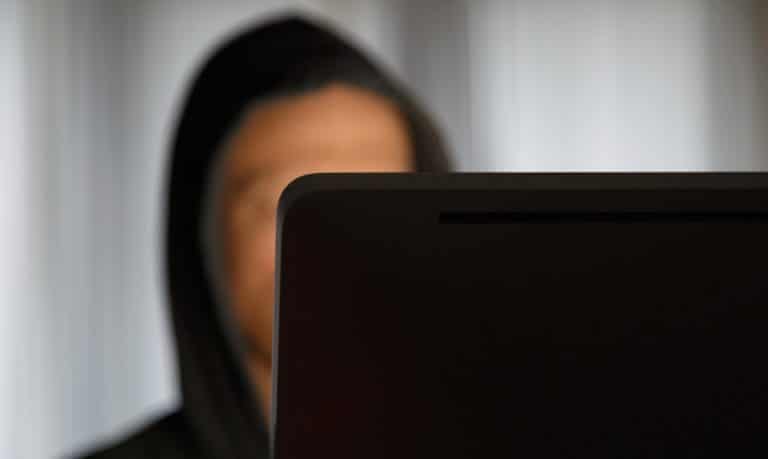Gang stalking: Everything you need to know about online paranoia and conspiracies of organised stalking

What is gang stalking all about?
In recent years, discussions around a phenomena called ‘gang stalking’ or ‘gangstalking’ have been increasingly populating forums, subreddits, and Facebook pages—enticing more and more people to wonder what exactly gang stalking means.
Thousands of people across the internet have stated that they are being gang stalked, which according to them, means they have been targeted and obsessively monitored by both governmental and non-governmental organisations with the aim of ruining their lives. They believe organised groups of people (mostly everyday individuals such as neighbours, colleagues, and couriers organising in groups) are stalking them and harassing them through constant psychological stalking.
Gang stalking and 9/11
Following 9/11 and the increasing discussions around government surveillance, gang stalking has become a growing concern among online communities. The individuals who claim they have, or still are, experiencing gang stalking call themselves ‘targeted individuals’, and in most cases they have struggled or struggle with mental health issues such as depression or delusional disorder. From being convinced that they are constantly filmed by stalkers, CCTV and drones, to being followed by black cars or white vans, the signals that make targeted individuals believe they are being stalked are many and hard to prove, as they are often the result of coincidence and obsessive thoughts.
Despite the growing numbers of ‘targeted individuals’ congregating online, there is still very little academic research around the subject, which makes this new phenomena hard to pinpoint, and most importantly, hard to tackle. In 2015, a research article was published in The Journal of Forensic Psychiatry & Psychology following a survey of 128 gang stalking victims. The results spoke loudly of delusional beliefs: “One hundred and twenty-eight individually stalked cases were randomly selected as a comparison group. All cases of reported group-stalking were found likely to be delusional, compared with 3.9% of individually stalked cases. There were highly significant differences between the two groups on most parameters examined.”
The article continued, “The group-stalked scored more highly on depressive symptoms, post-traumatic symptomatology and adverse impact on social and occupational functioning. Group-stalking appears to be delusional in basis, but complainants suffer marked psychological and practical sequelae.”
Gang stalking and obsessive paranoia
The gang stalking phenomena is full of contradictions but it is without a doubt the perfect byproduct of today’s online echo-chambers that can turn someone’s doubt into a shared obsessive paranoia.
In a New York Times article published in 2016—the year gang stalking started to circulate in the media—journalist Mike McPhate called people affected by gang stalking as “a growing tribe of troubled minds,” linking mental health, conspiracy theories, internet surveillance, and a huge medical research gap as being the perfect recipe for this phenomena to spread. “Mental health professionals say the narrative has taken hold among a group of people experiencing psychotic symptoms that have troubled the human mind since time immemorial. Except now victims are connecting on the internet, organising and defying medical explanations for what’s happening to them.”
Gang stalking and online communities
Additionally, as reported by a recent MIT article, the blogs and forums where gang stalking is addressed are only fuelling people’s belief that they have been gang stalked on the basis that if shared, the experience automatically becomes real. Back in 2016, it was believed that around 10,000 people were a part of these gang stalking communities. Today, one reddit gang stalking group and another Facebook group put together have more than 22,000 profiles, with hundreds of other similar groups existing online.
Like fear, paranoia can be contagious, and online forums are the best place for conspiracy theories and shared paranoia to spread. The world of gang stalking and its symptoms are still limited in numbers, but nonetheless these speak loudly of new forms of mental health issues originating from toxic online spaces that feed themselves on lack of research and access to facts and certified information.




